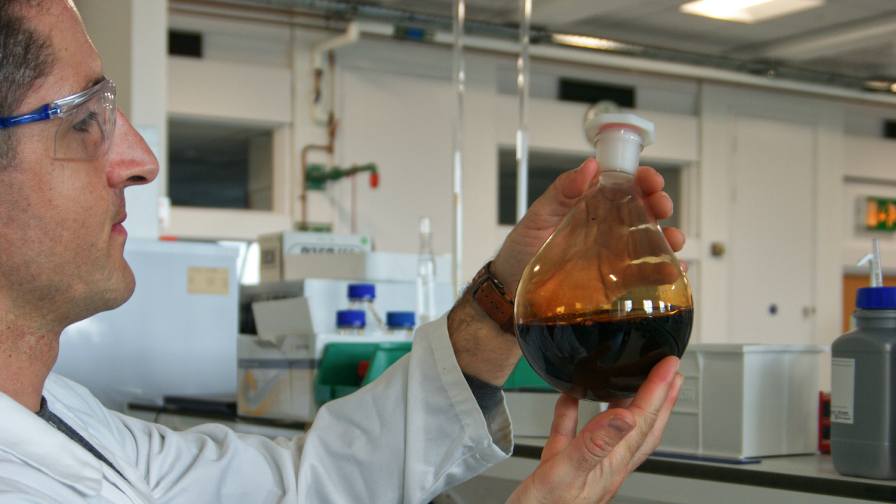Opinion: Crop Productivity Eminently Crucial
The demands on global food production are at the heart of every humanitarian organization in the world. Oxfam, Bill and Melinda Gates, Rockefeller Foundation, United Nations, USAID, national governments, and countless non-governmental organizations and private entities are debating the myriad of ways we might collectively feed the world.
Currently, we’re doing a pretty poor job of it as one in every six people is malnourished. About 63% of them are in Asia, and the lion’s share of the other 37% is in Africa. These regions require basic agriculture technology including fertilizers and herbicides. These two basic adoptions could cut the world’s hungry in half.
This message often gets lost at high-level, academic discussions that typically focus on the most recent food technologies, seed traits, and yield-boosting fungicides and biological pesticides. These are important technologies that need to be developed for the next generation of crop production in emerging markets. But right now, farmers need nutrients, chemical weeding, hybrid seeds and access to markets to escape the treadmill of subsistence agriculture that teeters precariously on poverty.
Having just returned from a global gathering of high-level discussions on global food security, I’m reminded of how little we are addressing the rudimentary challenge for our world: Creating access to already-proven technologies to farmers in Asia and Africa, where food security is most precarious.
Amid this dialogue of adopting good agriculture practices in markets that need them most, crop protection, specifically chemical weeding, has been elevated in importance for the lives and livelihoods of small shareholders.
This is a key reason why the FCI Trade Summits target markets that have the most to gain. On a humanitarian level, there is the best opportunity to do the most good in places like East Africa and Latin America, where we’ve successfully linked buyers and sellers to expand the value chain.
Likewise, we’re looking forward to doing the same in Kuala Lumpur, Malaysia. We are four weeks away from our inaugural Southeast Asia event, and we are eager to discuss registrations in the region. Our program highlights the pragmatic versus the academic, and our delegates are more likely to write contracts than take notes on statistics about regions they will never visit.






